As Myanmar’s military suffers mounting defeats on the battlefield, airstrikes targeting civilian-populated towns, villages, religious buildings, and schools have significantly intensified. In response, Zo Tum Hmung, Chair and Executive Director of the Burma Research Institute, called on the United States to provide anti-aircraft defense systems to protect civilians and resistance forces.
Speaking at the “Hybrid Congressional Briefing—Burma: Humanitarian Crisis and Violations of Religious Freedom and Human Rights” held in Washington, D.C. on April 28, Zo Tum Hmung stressed the urgent need for the U.S. government and Congress to consider supplying anti-aircraft systems to the National Unity Government (NUG) and resistance groups.
He also noted that while the U.S. has already contributed $9 million toward Myanmar’s reconstruction efforts, further assistance is being requested, particularly to counter the military’s escalating use of airpower against civilian and religious targets.
According to Susie Gelman, Commissioner of the U.S. Commission on International Religious Freedom (USCIRF), over 240 religious sites—including monasteries and pagodas—have been bombed or set on fire by the military since the coup. Additionally, since 2021, the junta has imprisoned at least 14 Christians and 113 religious figures.
USCIRF has monitored Myanmar’s religious freedom situation since 2000 and consistently recommended the country for designation as a “Country of Particular Concern” (CPC). Gelman stated that due to the continued targeting and persecution of ethnic and religious minorities in 2024, Myanmar should once again be designated as a CPC.
Elijah Brown, PhD, General Secretary and CEO of the Baptist World Alliance, added that since the 2021 military coup, the junta has invaded religious seminaries, detained religious leaders, destroyed churches with bombs, and even executed Buddhist monks.
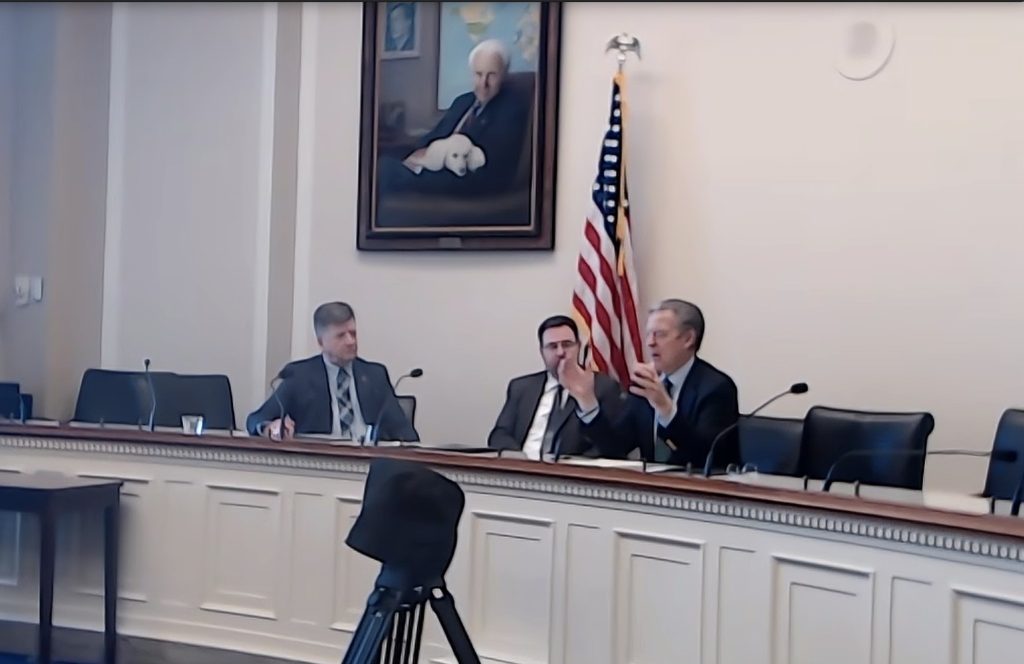

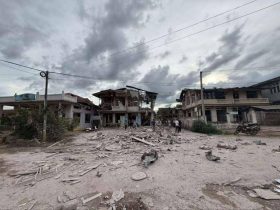
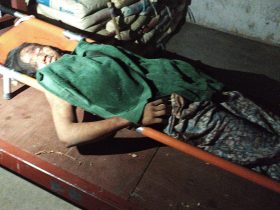

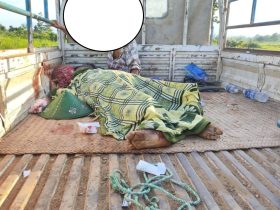
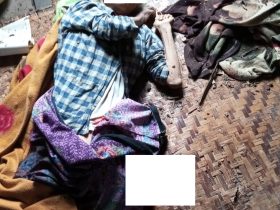


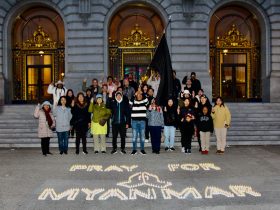
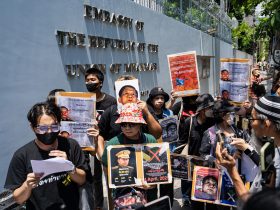

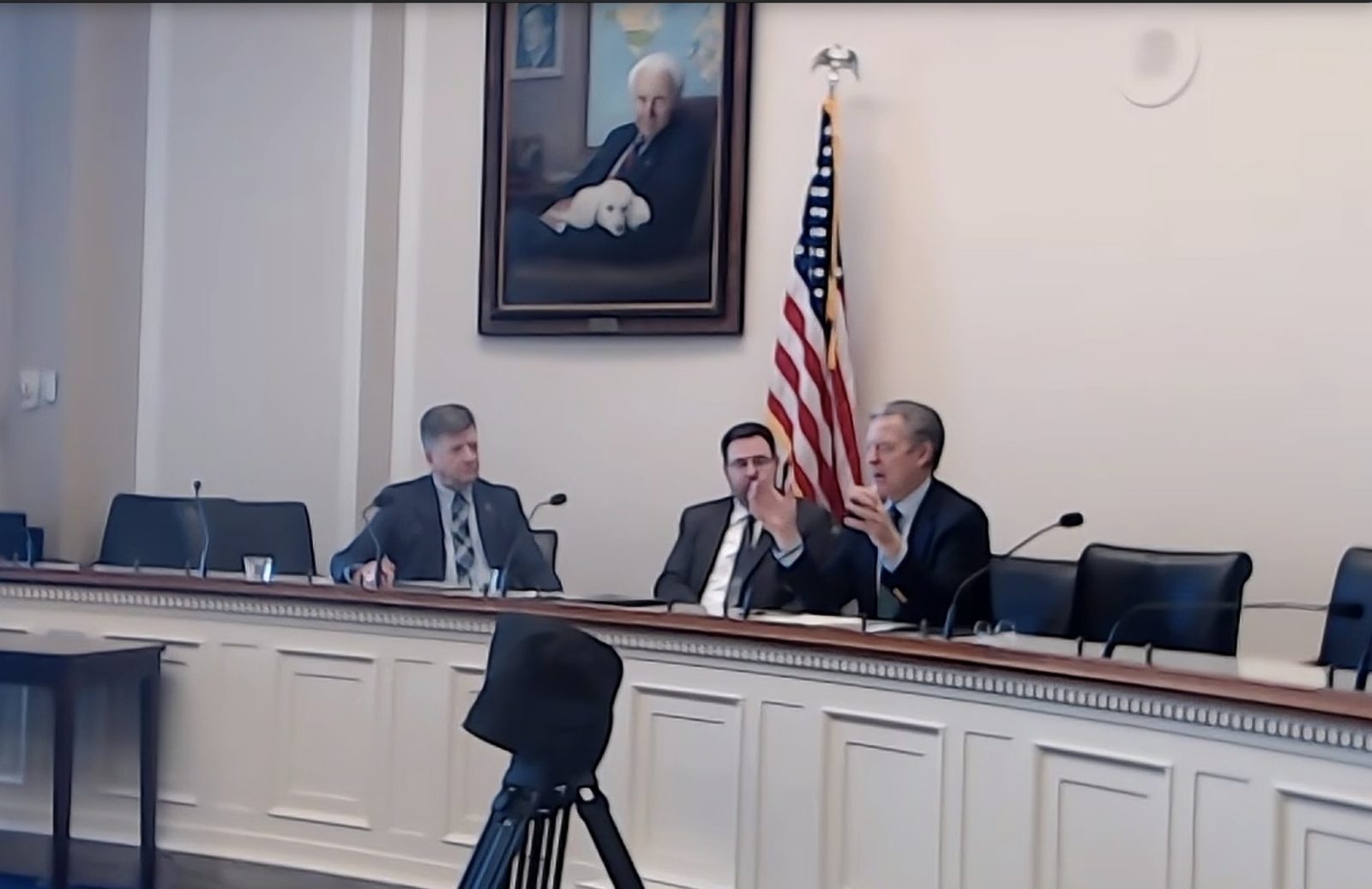
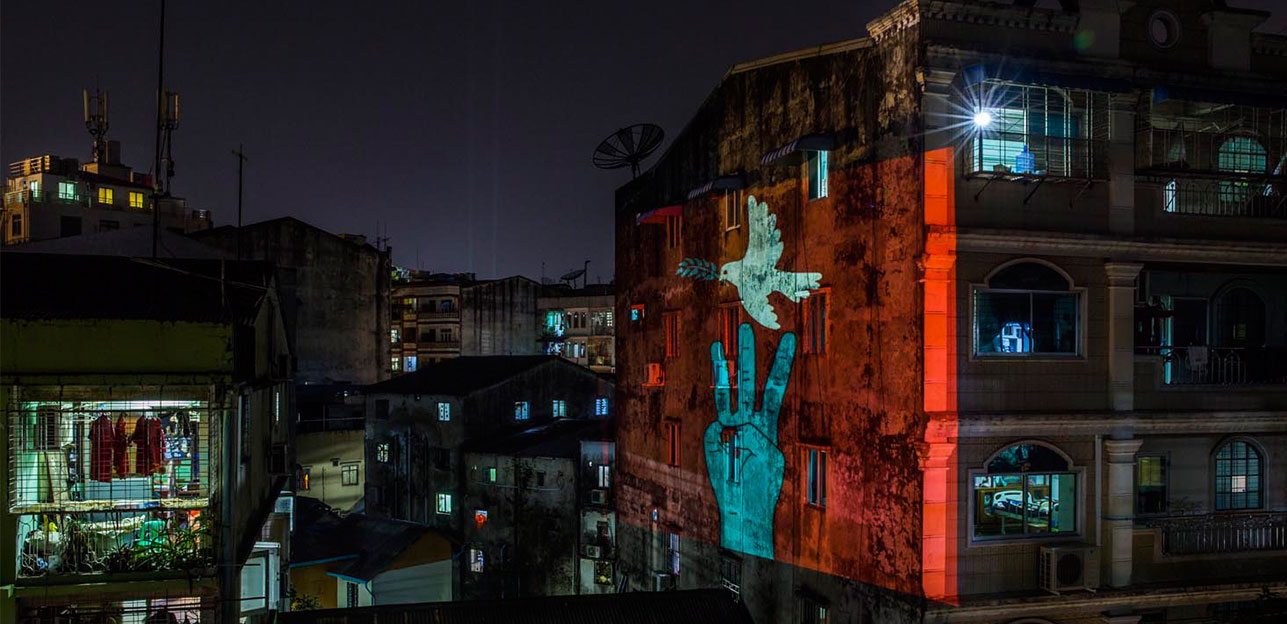

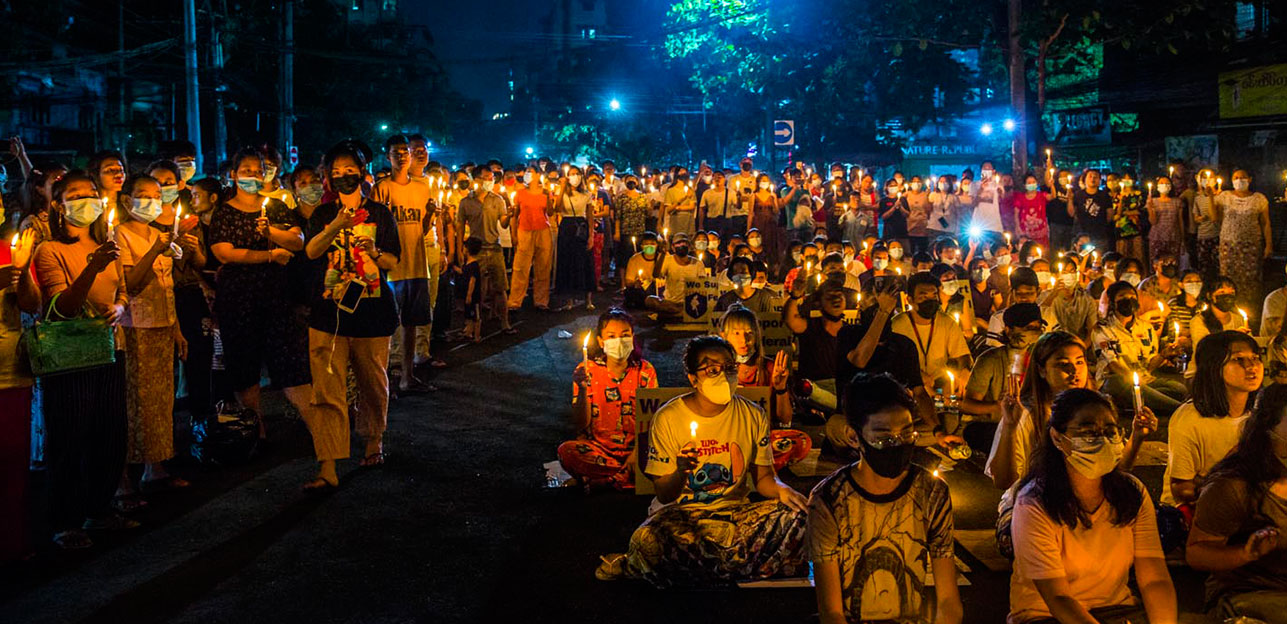



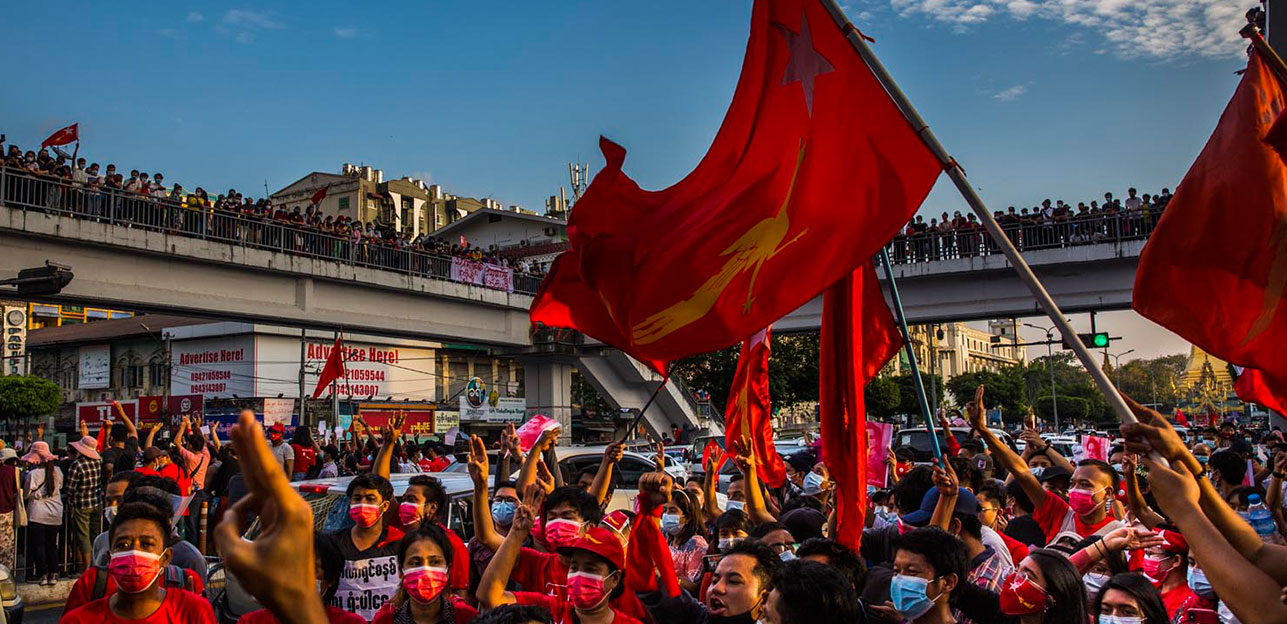

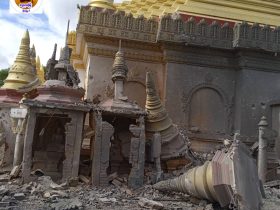
Got Questions?
Find us on Socials or Contact us, and we’ll get back to you as soon as possible.